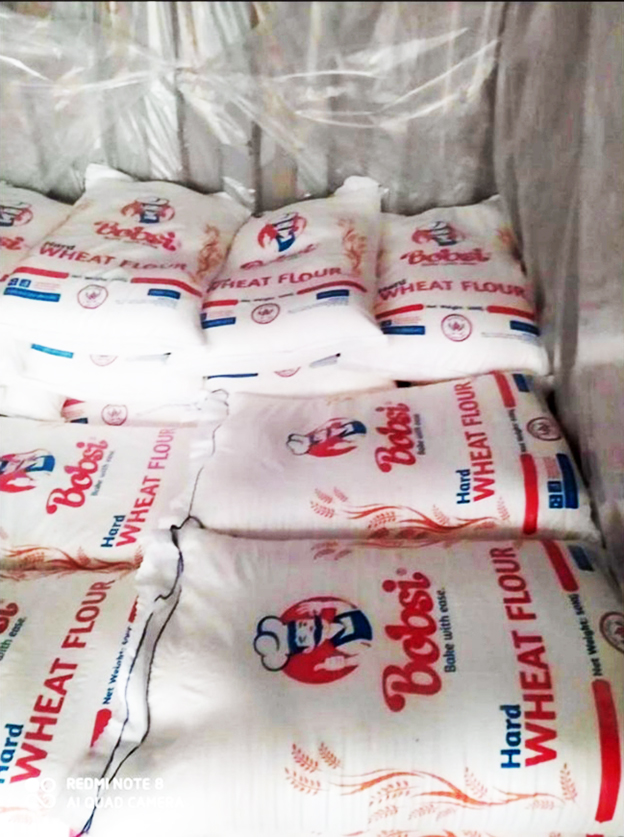The Executive Secretary of Importers and Exporters Association of Ghana, Samson Asaki Awingobit has urged government to create an enabling environment for the local flour mill industry in the country. His call follows influx of smuggled wheat flour into the Ghanaian markets, which according to him, poses a threat to their sector and the country as a whole.
“The consumption of wheat flour products in Ghana has become a major issue of concern due to the influx of foreign wheat flour into our markets,” he stated.
Addressing the media at a news conference in Accra last Thursday, Mr. Samson Asaki Awingobit disclosed that most of these imported wheat flours are either unwholesome or smuggled through unapproved routes into the country from neighbouring African countries.
“It would interest you to know that most of these smuggled wheat flours have foreign languages inscribed on the bag/jute sack, which makes it difficult for one to even identify their expiration date or wholesomeness,” he added.
According to him, the majority of these foreign wheat flour, which have flooded the local market space, do not have either the Food and Drugs Authority or the Ghana Standards Authority seal on them, contrary to the laws governing the importation of consumable goods into the country.
The Executive Secretary noted that, “the rippling effect of these “unwholesome” unapproved flour wheat on the health of consumers leaves much to be worried about because several of these products have been found in our various markets.”
Impact on local wheat flour producers
Speaking on the impact of local wheat flour, he re-stated the fact that the import of foreign government-subsidised flour from Turkey and recently imported flour from neighboring countries pose a serious threat to the growth of the sector.
“Our neighbour- Cote D’Ivoire -sees the necessity to cushion her citizens and rally flour millers to grant them exemption from payment of duty/taxes on imports for 90 days. The government did that to counter the rise in the prices of flour”, Mr. Awingobit said.
Furthermore, he said the Ivorian government also placed a ban on the exportation of the flour produced under the exemption.
Yet, this flour in no time has found its way into the Ghanaian market where they are sold less than almost 50% of the Ghanaian-produced flour in the market.
One of the reasons why these flour from Ivory Coast and other neighbouring countries sell at lower price, he noted, was due to import under the ETLS, which provides the admission of ECOWAS to produce at zero import duty.









